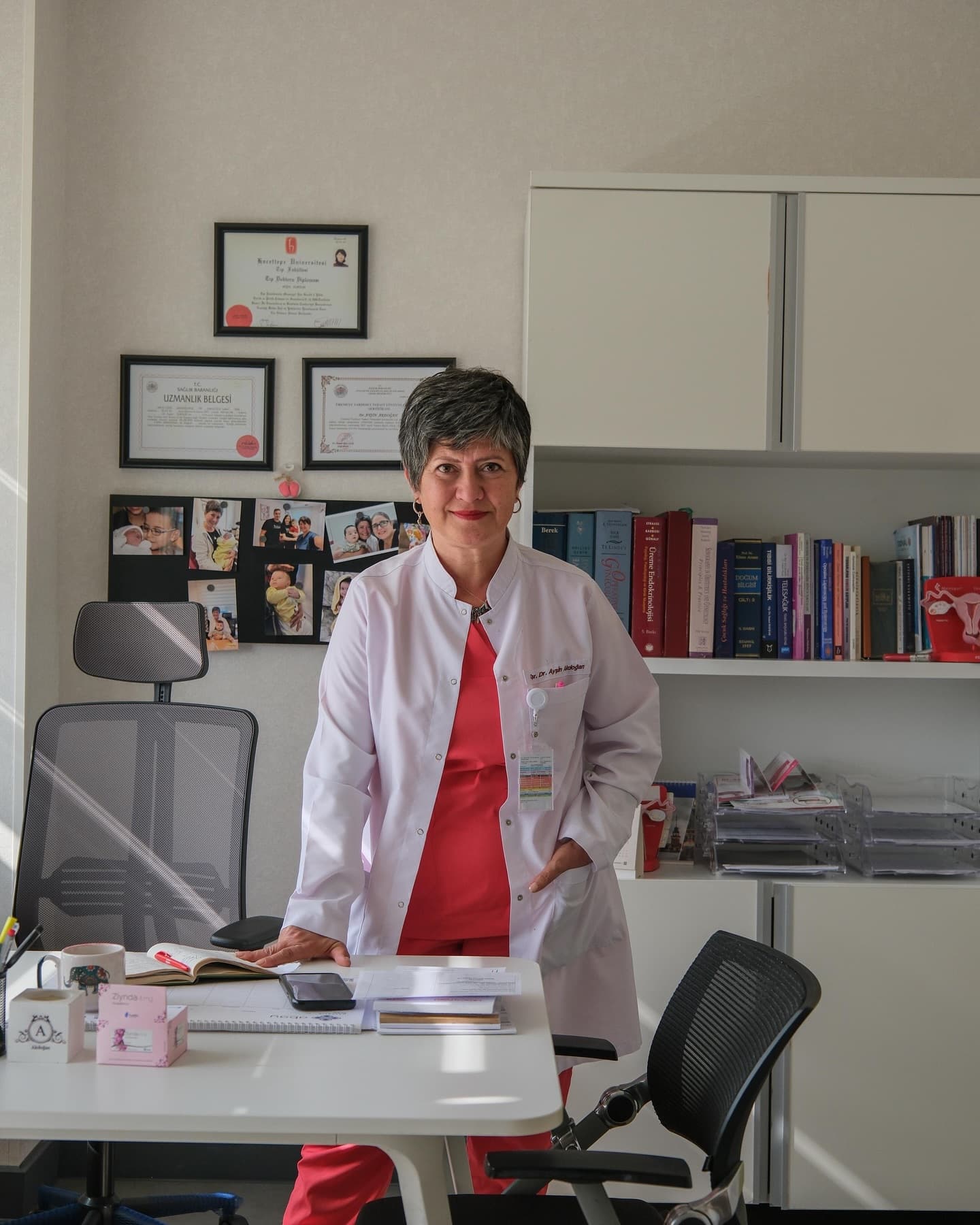
INFERTILITY
When Should You See an Infertility Specialist?
For many couples, the decision to have a child is an exciting start. However, this journey can sometimes take longer than expected. So, when should you start to worry, and at what point is it the right time to consult a specialist? Generally accepted medical guidelines can help you navigate this important question.
The Right Timing: The First Step to Success
Getting professional support at the right moment can significantly increase your chances of success. Understanding the timelines and criteria is crucial for making informed decisions about your reproductive health.
Criteria for Under and Over 35
If you are under 35 and have been unable to conceive despite a year of regular, unprotected intercourse, it is time to see an infertility specialist. If you are over 35, this period is considered to be six months. As ovarian reserve naturally declines with age, it is critically important not to lose time.
Other Important Situations
Additionally, if you have a known medical condition (such as irregular menstrual cycles, Polycystic Ovary Syndrome, endometriosis, past pelvic infections, or male factor issues), the best approach is to consult a specialist without waiting. Early diagnosis and the right treatment plan will be your greatest allies in achieving your dreams.
Frequently Asked Questions
It is recommended that couples under 35 see an infertility specialist if pregnancy does not occur after 1 year of regular, unprotected intercourse.
Yes, for women over 35, this waiting period is considered to be 6 months. It is important not to lose time due to advancing age.
No. If you have a known medical condition such as PCOS, endometriosis, or irregular menstrual cycles, the most appropriate approach is to consult a specialist directly without waiting.
